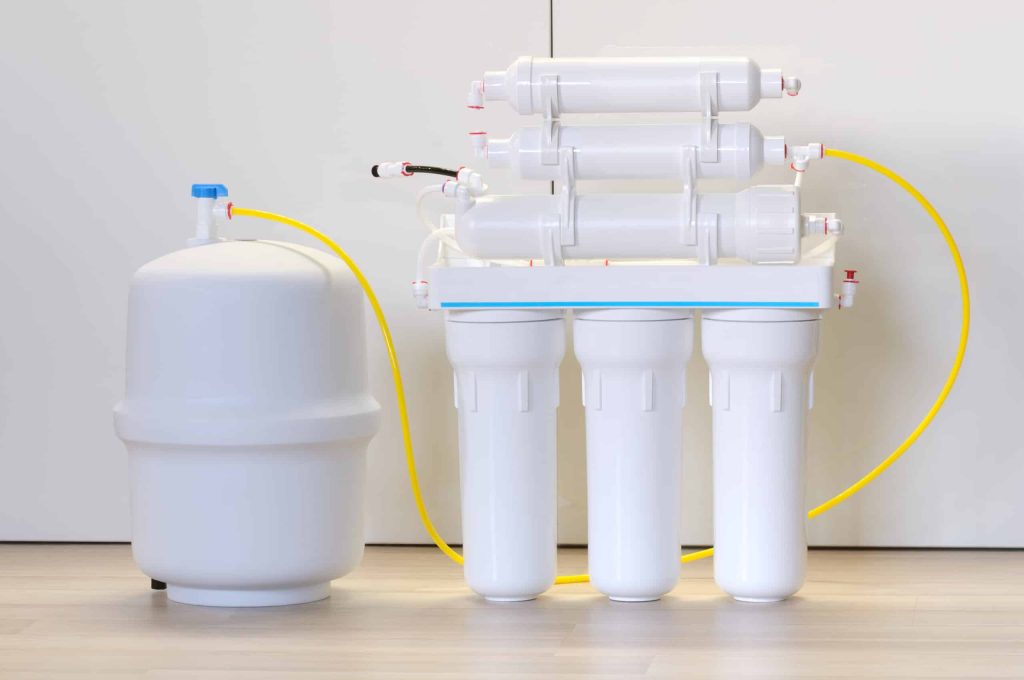Water treatment is essential for maintaining the quality and safety of our water supply. However, it can often be a costly endeavor for businesses and municipalities. Fortunately, there are several cost-saving tips that can help ensure effective water treatment without breaking the bank.
1. Conduct a Water Audit
Before implementing any cost-saving measures, it is important to understand your current water usage and treatment processes clearly. Conducting a water audit can help identify areas of inefficiency and potential savings. By analyzing your water consumption patterns and treatment equipment, you can pinpoint opportunities for improvement and implement targeted cost-saving measures.
2. Optimize Water Treatment Processes
Streamlining and optimizing your water treatment processes can lead to significant cost savings. Evaluate your current treatment methods, and explore alternative technologies or techniques that offer improved efficiency and reduced costs. Consider energy consumption, chemical usage, and maintenance requirements when selecting or upgrading your treatment equipment.
3. Monitor and Control Water Usage
A comprehensive water monitoring and control system can help identify and mitigate wasteful practices. By closely monitoring water consumption in real time, you can detect leaks, identify areas of excessive water use, and take corrective action promptly. Installing flow meters, leak detection systems, and automated controls can contribute to substantial savings by preventing water loss and optimizing usage.
4. Recycle and Reuse Water
Water recycling and reuse can significantly reduce freshwater demand and lower treatment costs. Evaluate your processes to identify opportunities for implementing water recycling systems. For instance, wastewater from certain processes can be treated further and reused for non-potable purposes such as irrigation or cleaning. Recycling water conserves this valuable resource and helps reduce the expenses associated with water treatment.
5. Opt for Green and Sustainable Practices
Implementing green and sustainable practices in your water treatment operations can have long-term cost-saving benefits. Explore using renewable energy sources, such as solar or wind power, to power your treatment facilities. Additionally, consider using environmentally friendly chemicals and treatment methods that minimize waste generation and lower operating costs. These practices contribute to cost savings and enhance your organization’s environmental stewardship.
6. Commit to Regular Maintenance and Upkeep
Proper maintenance and regular upkeep of your water treatment equipment are crucial for maximizing efficiency and extending lifespan. Neglecting maintenance can lead to higher energy consumption, reduced performance, and costly repairs. Establish a preventative maintenance schedule, conduct routine inspections, and promptly address any issues or malfunctions. By investing in maintenance, you can avoid expensive breakdowns and ensure the optimal performance of your treatment systems.
Implementing cost-saving measures in water treatment is not only beneficial for your organization’s bottom line but also for the environment. Embracing these strategies will save costs and also contribute to the conservation of our precious water resources for future generations. For Indianapolis, IN, residents in need of water treatment services, contact JW’s Plumbing.





